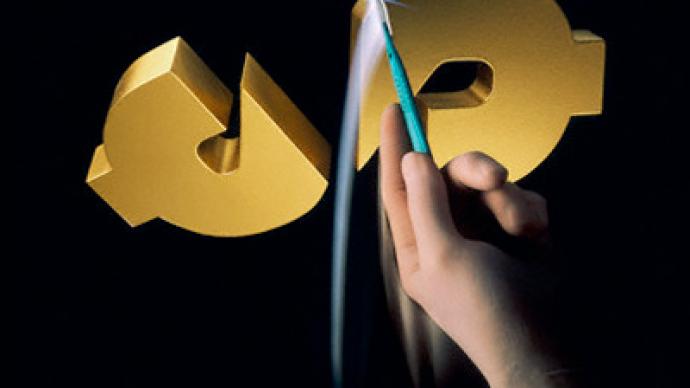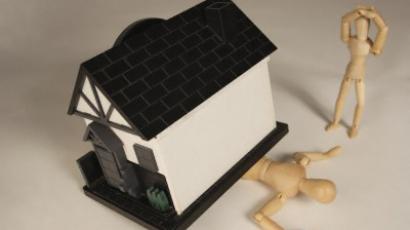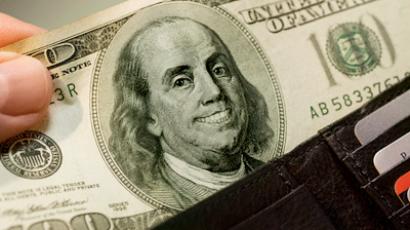US spending cuts deal actually increased spending

Republicans and Democrats were deadlocked as a government shutdown loomed. Republicans refused to budge without spending cuts. A deal was struck and a shutdown averted. In the end overall spending still increased.
"Total discretionary outlays in 2011 will be $3.2 billion higher as a result of the legislation, CBO estimates--an increase of $7.5 billion for defense programs, partially offset by a net reduction of $4.4 billion in other spending," said a report released by the non-partisan Congressional Budget Office.The bill dubbed a historic compromise on government spending cuts was in fact not historic, not a spending-cut. The legislation passed in April increased US government discretionary spending by over $3 billion. Because of the bill total government spending will be higher as a result than if Congress had simply continued the spending at prior levels. "CBO had previously estimated that the full-year appropriation act will yield a net reduction of $0.4 billion in nonemergency outlays in 2011," the report says. "The comparison shown here is different: It includes emergency appropriations, excludes the effects of changes in mandatory programs, and incorporates adjustments to various estimating parameters that were applied to the appropriation act to make them consistent with the March 2011 baseline."Much of the funds that were altered, increased, or sped-up were for increases to US military appropriations. An area of the budget Republican often protest cutting and are happy to increase. “The effect on outlays (based on how quickly the administration spends money) meanwhile is slowed due to increased and accelerated spending for our men and women in uniform. As the CBO puts it, part of the reason …is that some defense funding was shifted from slower-spending to faster-spending activities,” said Brendan Buck, a spokesman for Republican House Speaker John Boehner.














